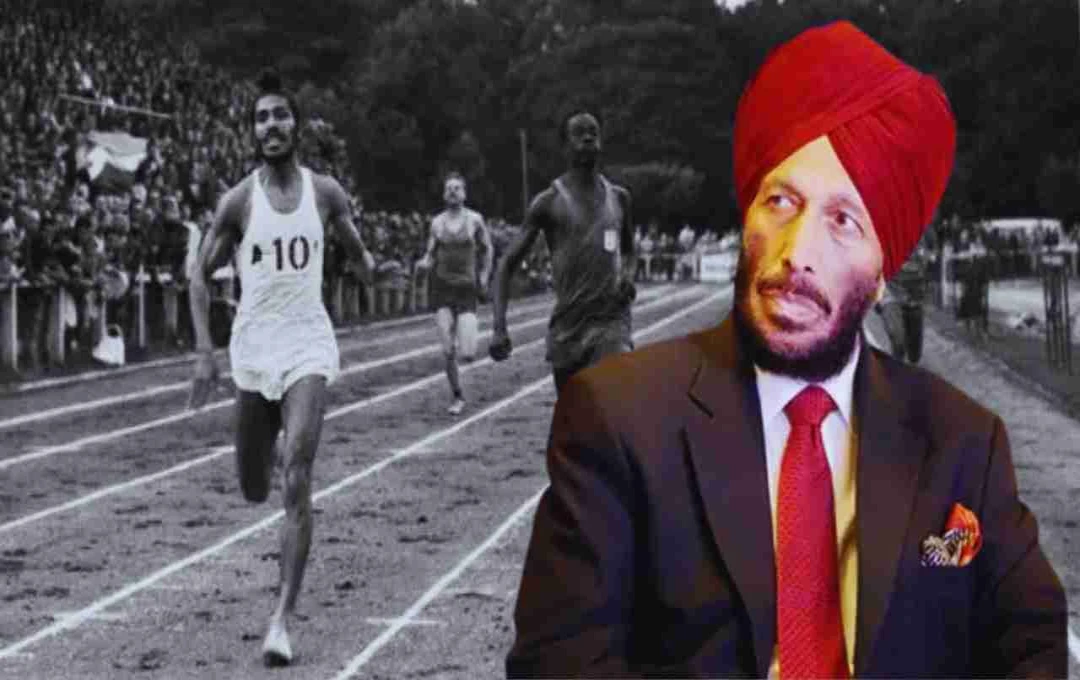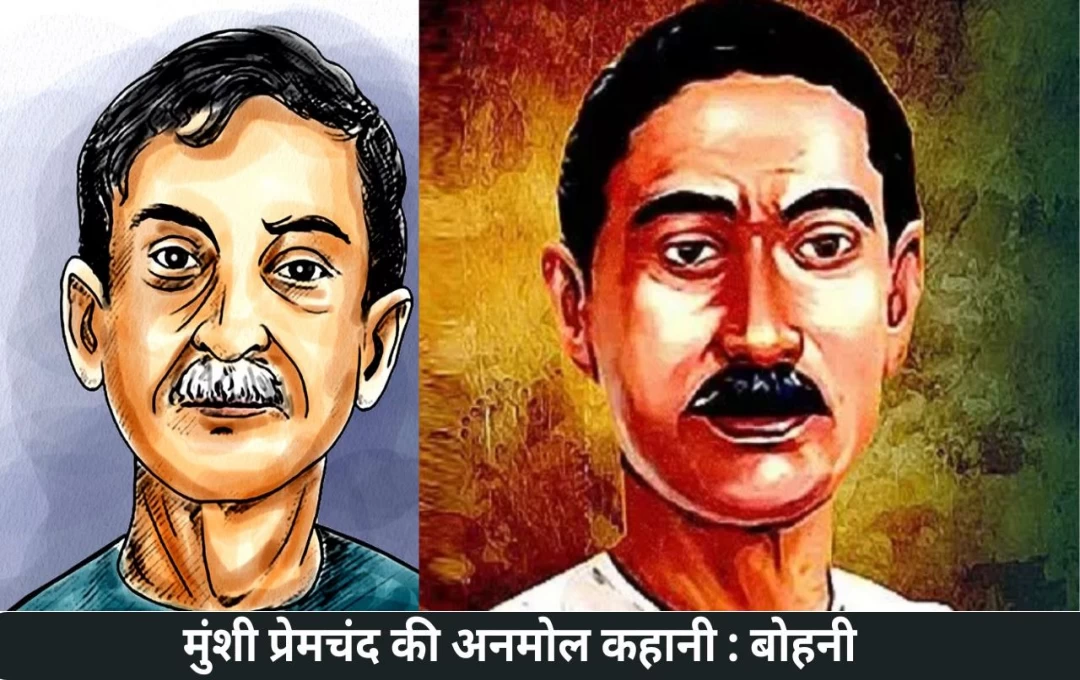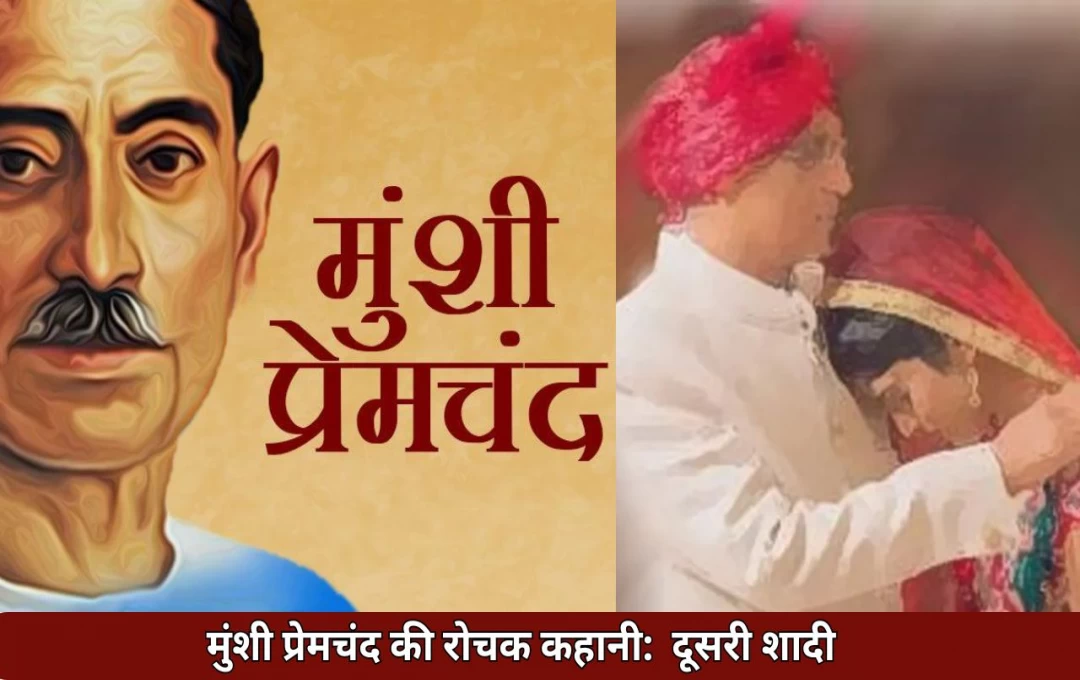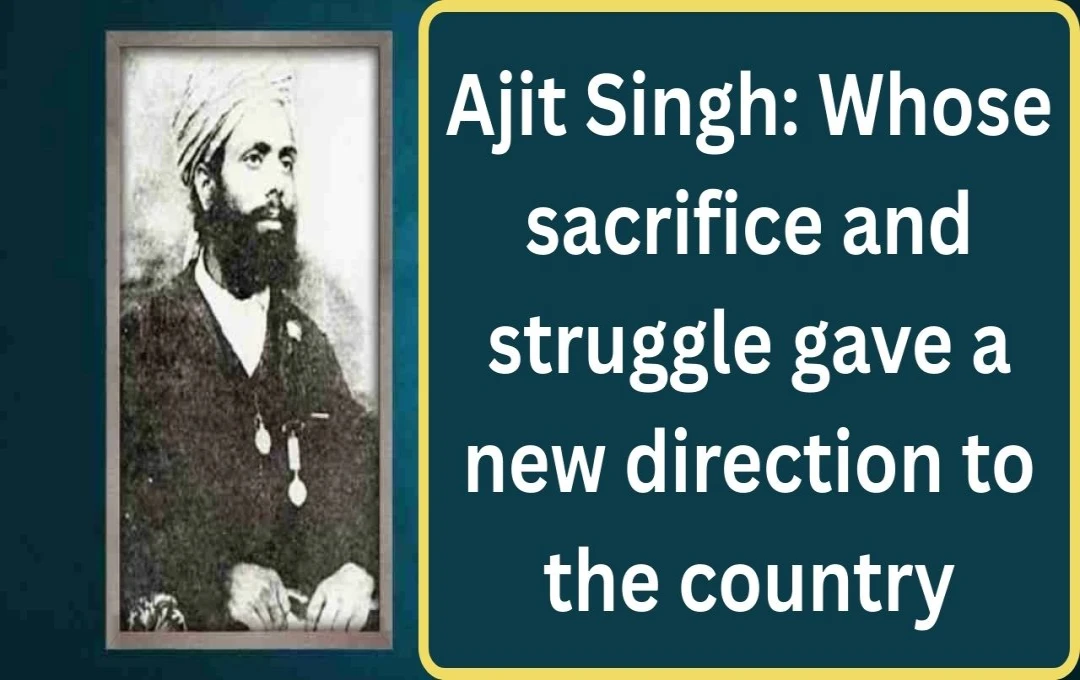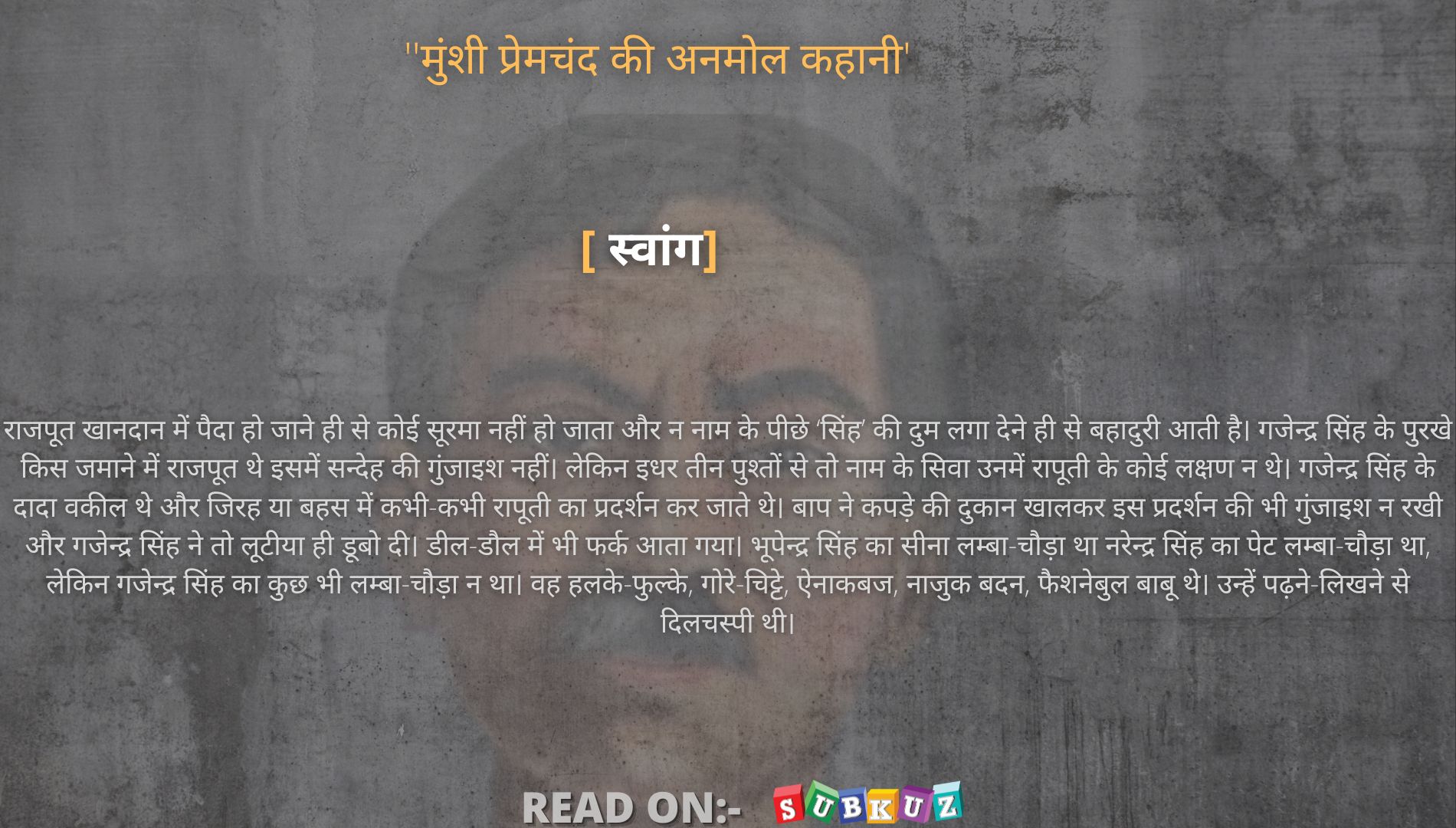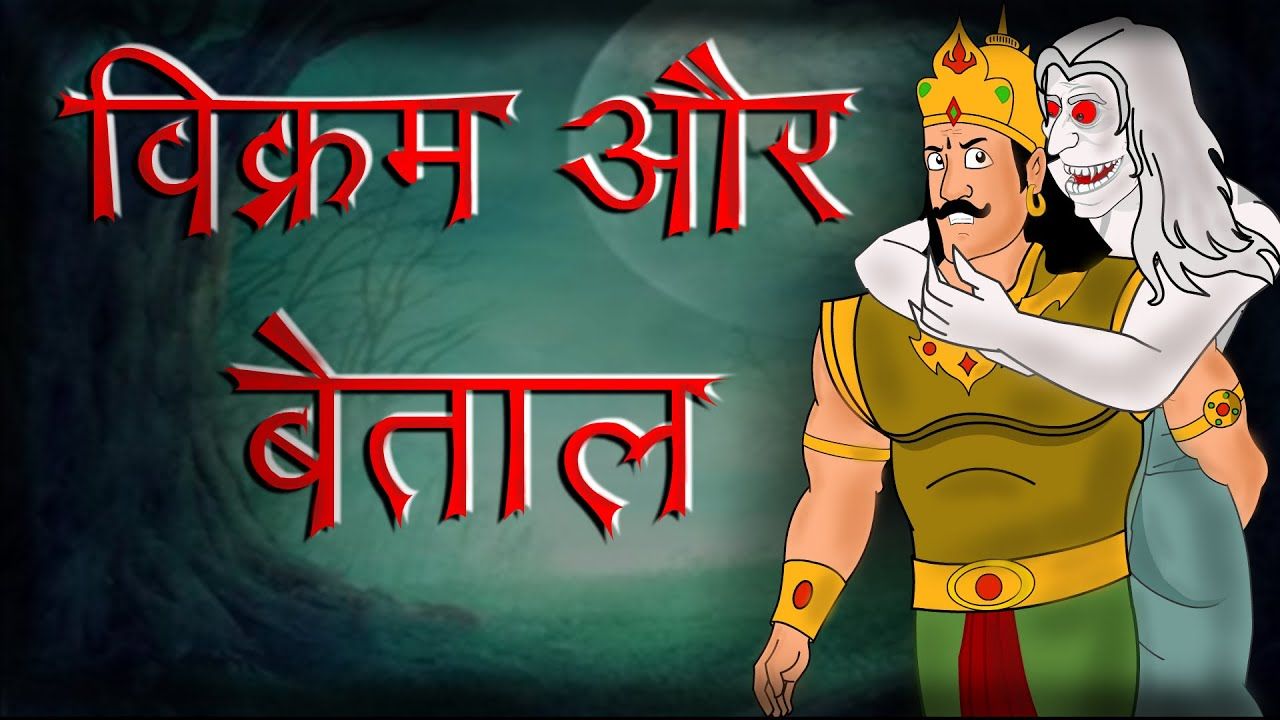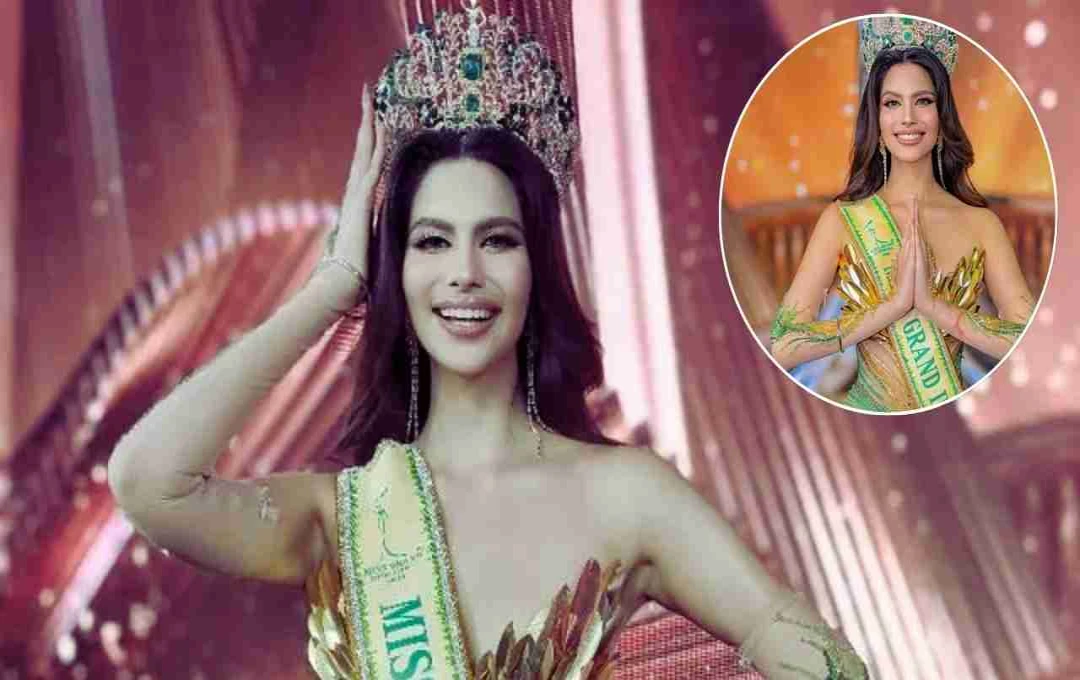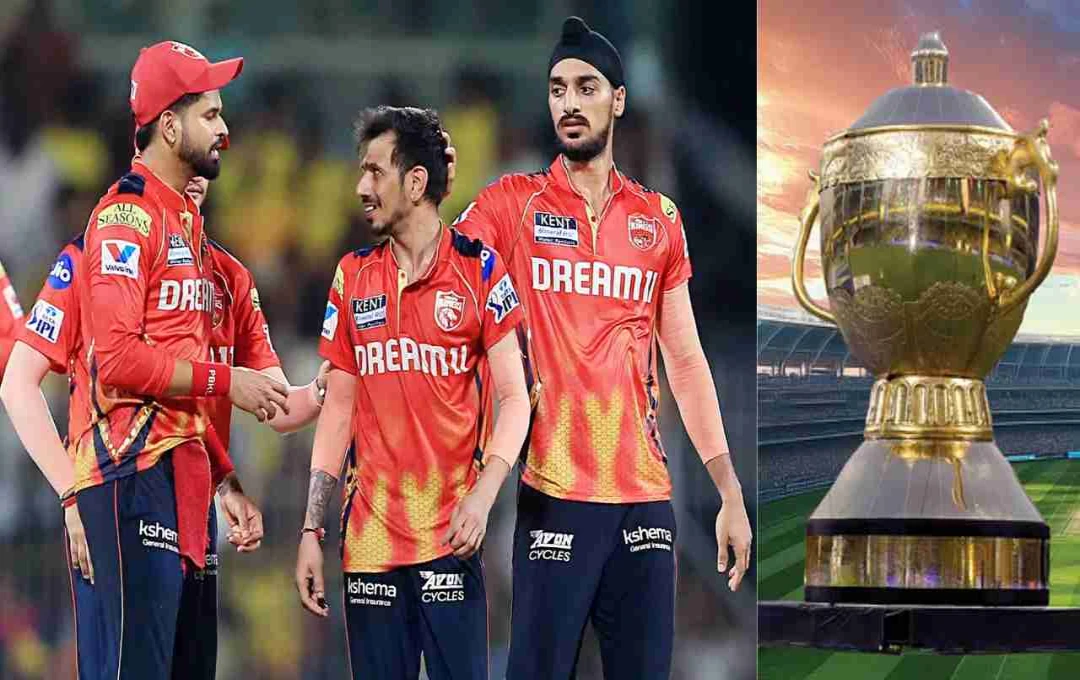Milkha Singh (November 20, 1929 – June 18, 2021) was one of the brightest stars in Indian sporting history. Known as ‘The Flying Sikh,’ he was a legendary track and field athlete who, through hard work and dedication, achieved recognition not only in India but also globally. While serving in the Indian Army, he pursued athletics and became the only Indian athlete to win gold medals in the 400-meter race at both the Asian Games and the Commonwealth Games.
Early Life and Hardships
Milkha Singh was born on November 20, 1929, in the village of Govindpura in Punjab, now in the Kot Addu District of Pakistan. His family belonged to the Sikh Rathore Rajput community. The Partition of India brought immense tragedy into his life; he became an orphan. His parents, a brother, and two sisters were killed in the violence of the Partition, events he witnessed firsthand.
After the Partition, he arrived in India and lived in a refugee camp in Delhi. His hardships were such that he was even imprisoned in Tihar Jail for traveling without a ticket on a train. Despite these life-altering tragedies, he refused to give up. A brother encouraged him to join the army, marking a new chapter in his life.
First Steps in Sports
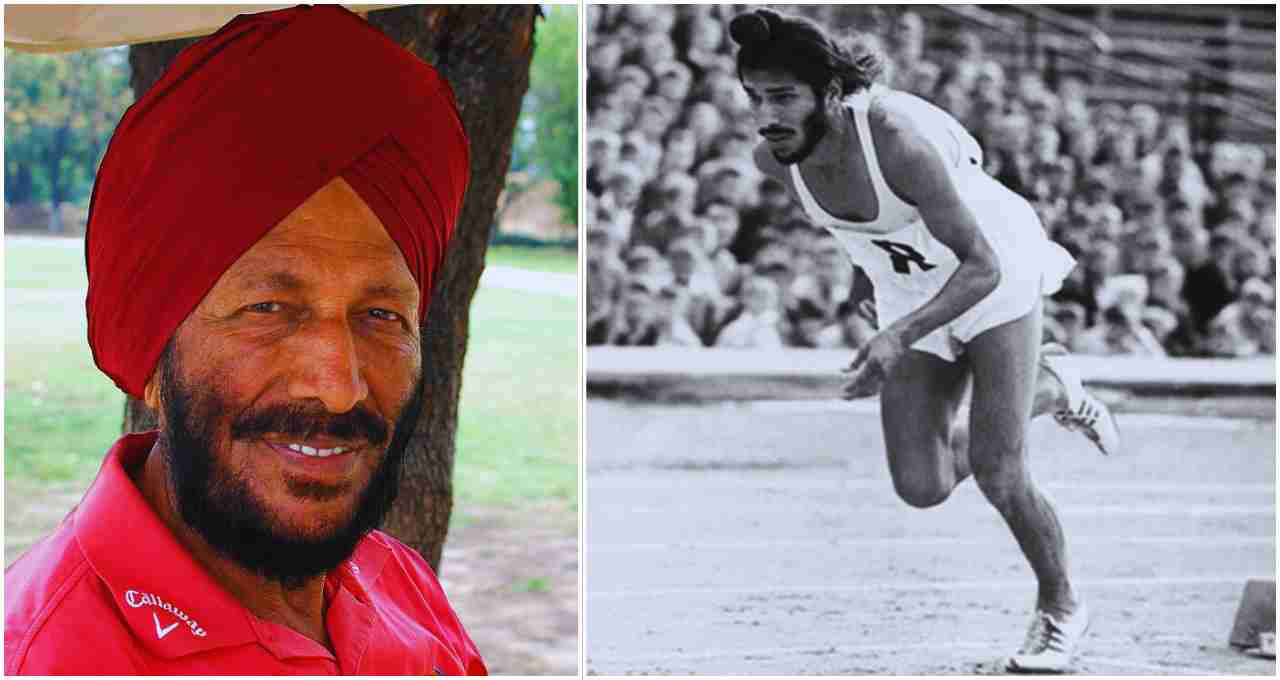
Milkha Singh's journey into the world of sports began after joining the army. His military service provided him with athletics training, an opportunity he embraced with diligence and passion. His hard work quickly transformed him into a skilled athlete. After joining the army in 1951, he consistently practiced and honed his abilities. This dedication led him to bring glory to India at the Asian Games and the Commonwealth Games. His commitment and perseverance cemented his place among India's greatest athletes.
International Success
Milkha Singh represented India at the 1956 Melbourne Olympics, competing in the 200-meter and 400-meter races. Lacking international experience at the time, he did not win a medal. However, he encountered world-class runners like Charles Jenkins, inspiring him to work even harder. This experience strengthened his resolve to improve and excel.
Subsequently, at the 1958 Asian Games and Commonwealth Games, Milkha Singh created history by winning gold medals in the 400-meter race. That same year, he broke several national records at the National Games in Cuttack. For these outstanding achievements, the Indian government awarded him the Padma Shri, the fourth-highest civilian award in the country, recognizing his hard work and contribution to the nation.
The Memorable Race at the 1960 Rome Olympics
Milkha Singh's most memorable race was the 400-meter final at the 1960 Rome Olympics. He started exceptionally fast, leading until the 200-meter mark. However, his pace slowed, and he finished fourth. The race was incredibly close, requiring a photo finish to determine the winner. His time of 45.73 seconds remained a national record for 40 years, showcasing his exceptional skill and dedication.
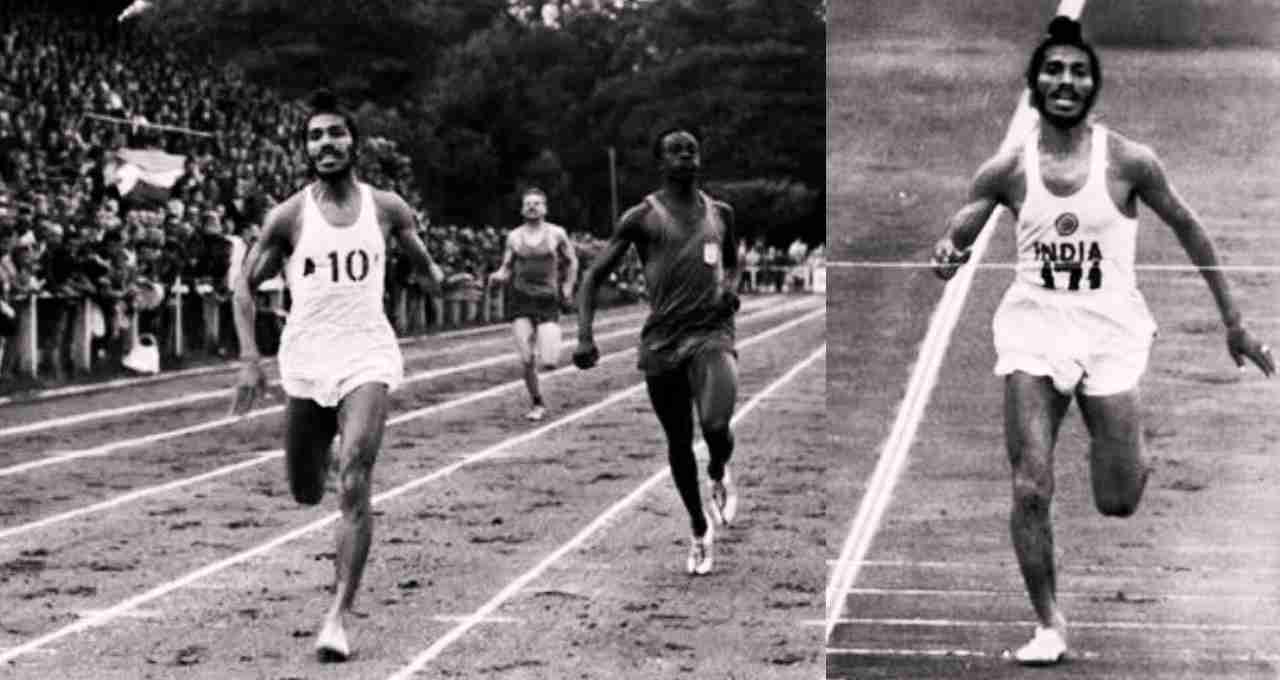
Milkha Singh acknowledged his mistakes in this race, calling it the "worst memory" of his life. He reflected that greater caution and maintaining a consistent pace could have yielded a better outcome. This experience became a valuable lesson, shaping his sporting career and life.
Achievements and Contributions
Milkha Singh maintained his brilliance, winning another gold medal at the 1962 Asian Games. He represented India again at the 1964 Tokyo Olympics, although he did not win a medal. Nevertheless, his unique running style and unwavering hard work inspired millions of young people across the country to pursue sports. His name will always be remembered among India's greatest athletes.
After retiring from the army, Milkha Singh served as the Director of Sports in the Punjab Education Ministry. There, he encouraged young athletes and played a significant role in promoting sports. In 2001, he was awarded the Arjuna Award by the Indian government, but he declined it, believing it should be reserved for active athletes.
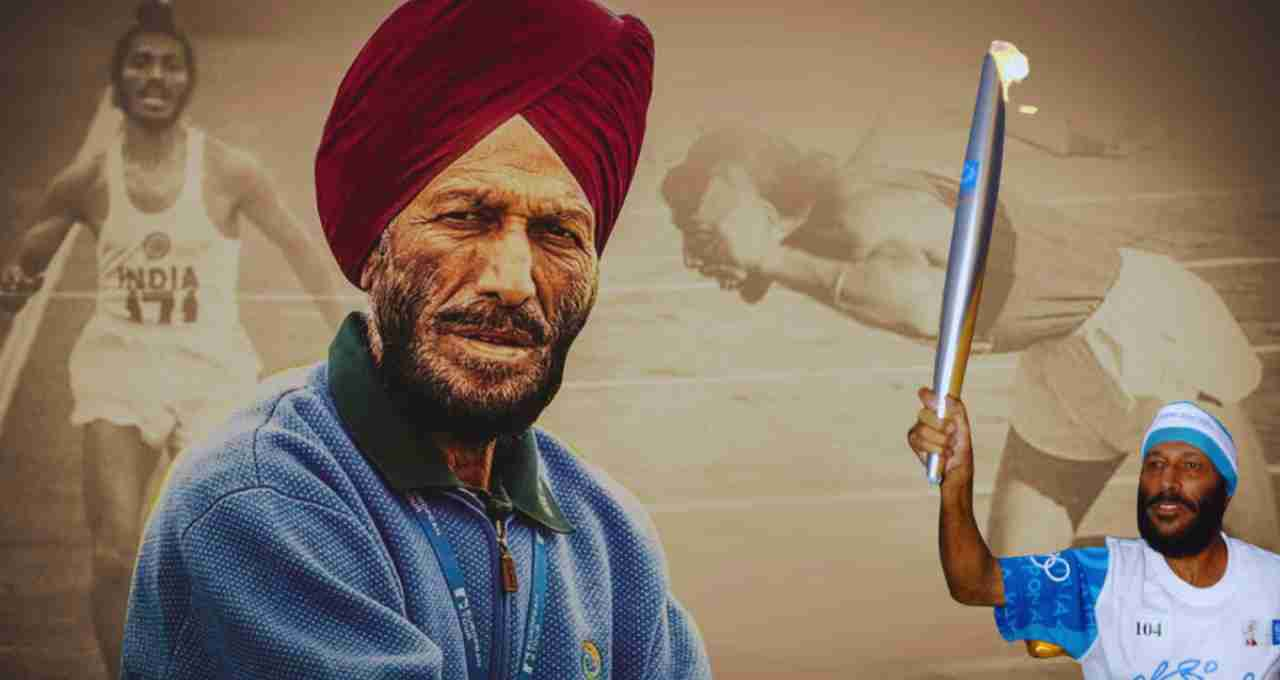
Milkha Singh's Personal Life and Final Days
Milkha Singh's personal life was equally inspiring. He married Nirmal Saini, herself a remarkable athlete and former captain of the Indian women's volleyball team. They had four children, one of whom, Jeev Milkha Singh, is a renowned golfer. Furthermore, in 1999, he adopted the son of a martyred soldier, reflecting his compassion and social responsibility.
Milkha Singh passed away on June 18, 2021, at the age of 91. His death was attributed to COVID-19, a pandemic sweeping the nation at the time. Sadly, his wife, Nirmal Saini, passed away just five days before him. The couple is remembered as a b and inspiring partnership in Indian sports.
Milkha Singh's life exemplifies struggle and success. He not only won numerous medals but also inspired the entire nation through his hard work and perseverance. Today, numerous stadiums and sports institutions bear his name, encouraging future generations to pursue sports. Milkha Singh's story is etched in gold in Indian sporting history, and he will forever be remembered as an immortal sporting hero.
